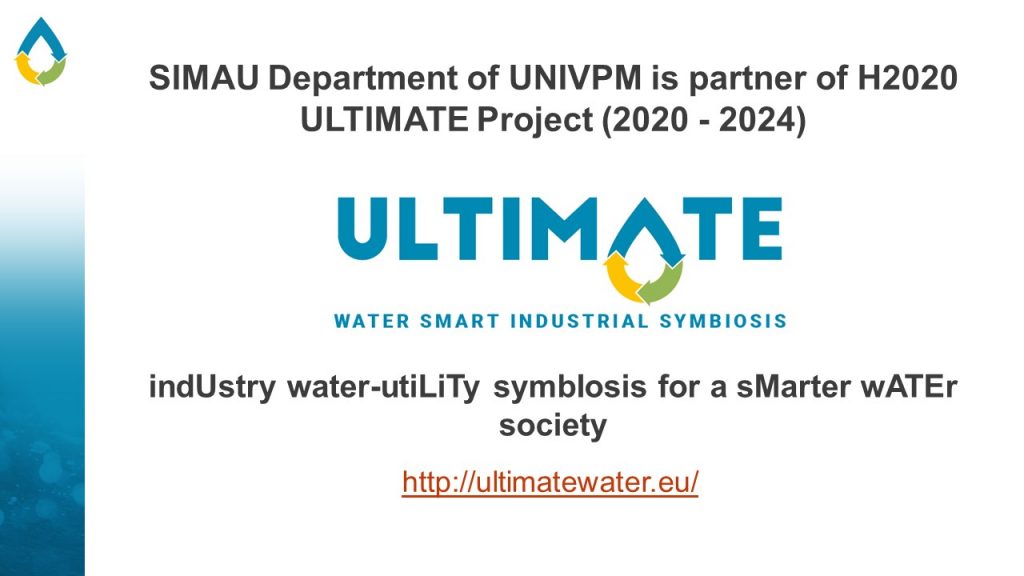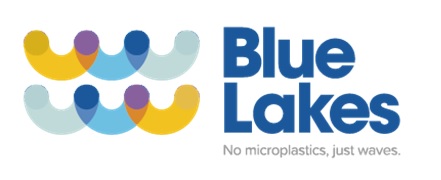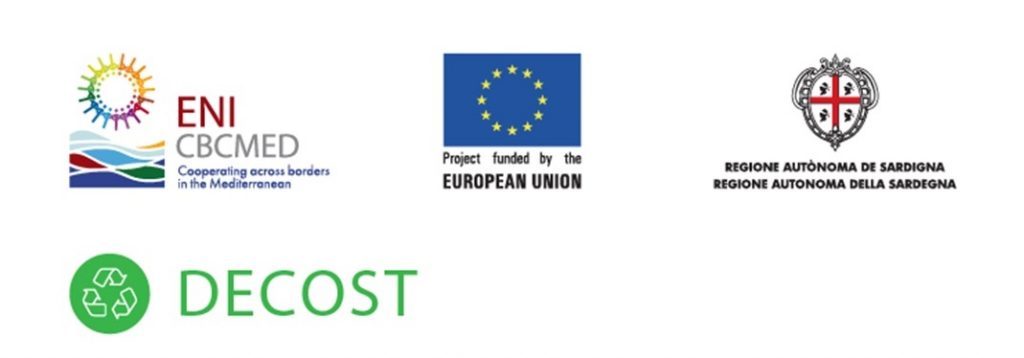A detailed description of the research activities of each research team of the Department is available at the site Research Database of the Università Politecnica della Marche.

Project ITHACA: Innovative and sustainable TecHnologies for reducing critical raw mAterials dependence for Cleaner transportation Applications – http://www.crm-extreme.eu/WP/
The solutions proposed in ITHACA originate from networking and scientific activities developed thanks to the CA15102 Action CRM-EXTREME, which has seed the initial catalytic nucleus contributing to the success of two related H2020 projects, MONAMIX and EQUINOX, and of a bilateral Greece-Israel industrial R&D project, Euro6cat.
The scientific focus of ITHACA will be on the assessment of processes for:
The aim of ITHACA is to bring together significant research (critical mass) expertise from all over Europe in the area of materials manufacturing and recycling in order to create a new research community able to identify and address the challenges in sustainable processes aimed at reducing CRMs in transportation applications. The creation of ITHACA Network will serve to capture and understand the current materials manufacturing scene and pump-prime activities in this area to move the sector forward.

ULTIMATE (indUstry water-utiLiTy symbIosis for a sMarter wATEr society) will foster the synergetic cooperation between the industry and the water sector for an intelligent and efficient operation of water-related processes. This will be done via the establishment of “Water Smart Industrial Symbiosis” (WSIS) between different industries and service providers. The aim is to use and reuse jointly water, wastewater and all used recyclable resources. Industries such as agro-food, beverage, (petro-)chemical and biotech industries participate in ULTIMATE. Those industries together with service providers such as municipal utilities and water service providers as well as scientific institutions will develop and/or investigate and assess 36 technologies in 9 case studies. Furthermore, ULTIMATE develops new business models focusing on WSIS up to their market maturity. In ULTIMATE, UNIVPM will be the Innovation & IPR manager, monitoring and documenting the progress of developments of technologies up the TRL ladder and will screen for possibilities to patent and opportunities of application and exploitation of developments. Moreover, UNIVPM will be the material recovery leader of the cross-cutting technology group (CTG) and will coordinate the Italian Case Study (CS3).
ULTIMATE is funded by the European Union in the programme Horizon 2020 (Grant agreement ID: 869318) for 48 months. The KWR Water Research Institute from the Netherlands has the coordination of the consortium of 27 partners (research institutes, utilities and SMEs).
http://ultimatewater.eu/

Life Blue Lakes project tackles the problem of microplastics in lakes through a set of governance, training, information and awareness actions, addressed to institutions, relevant stakeholders and citizens.
Main project’s actions will be held in Garda, Bracciano, Trasimeno and Castreccionilakes in Italy and in Constance and Chiemsee lakes in Germany. Further Italian and European lake communities will be involved in the promotion and dissemination of good practices.
Life Blue Lakes specifically aims at:
The project is co-financed by the European Commission through the Life Programme and PlasticsEurope.
Website: https://lifebluelakes.eu/ info@lifebluelakes.eu


Waste management (WM) represents a cornerstone in the effort to preserve Mediterranean citiesand guarantee a healthy living environment for communities. Municipal WM, which represents a big challenge for the area, is directly affected by population growth and concentration, urbanization and tourism. The growth limits faced in the MED cities call for smart, sustainable, and inclusive urban development. Moreover, agriculture has become of great interest in findingnew answers for how cities can master recent social, economic, and ecological challenges.
DECOST project aims to develop a new framework of WM building a closed loop system of organic waste valorisation integrating decentralised Home & Community Composting systems with Urban Agriculture. Innovative results in waste valorisation must lead to a broader approachin terms of sustainability; waste urban planning shall be viable from an environmental/economicperspective but also bearable and equitable from a social/environmental and social/economic points of view. These goals can only be achieved by using a people-centred approach, empowering civil society and increasing institutional capacity building.
DECOST is based on the participation of a wide range of actors (Waste Agencies, Municipalities and Research Centres) of 6 different countries, 3 of them EU Mediterranean Countries (Spain, Italy and Greece) and 3 South-East Mediterranean Countries (Palestine, Jordan and Israel) resulting in an international partnership that brings different backgrounds and expertise and are directly engaged in the local governance processes. Integrated Municipal Solid Waste Management Plans and pilot initiatives will be implemented at 4 different municipalities (Spain, Italy, Jordan and Palestine) aiming to (i) reduce food waste and valorize 1,500-2,000 t organic waste/year, (ii) use the produced compost in urban agriculture projects, (iii) create green jobs through DECOST teams (iv) train staff of public administrations (v) use IT tools and mobile Appsfor citizen science and engagement and (vi) address municipal sustainability at long-term strategiclevel.
Website: enicbcmed.eu/projects/decost